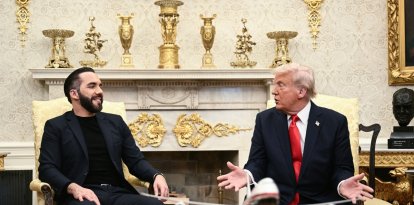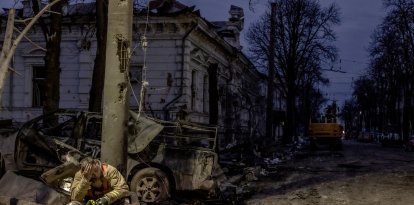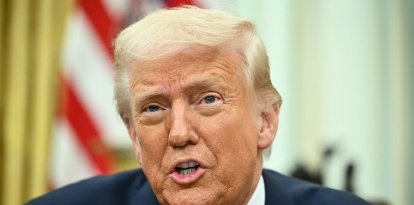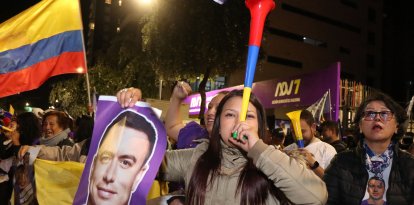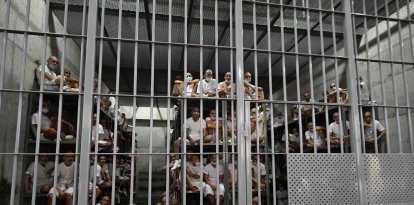Nicolás Maduro encircles himself with a new cabinet of loyalists and with Diosdado Cabello in charge of repression
The dictator is trying to reinforce his power by placing his strongest and most loyal allies in key positions.

Nicolas Maduro speaking in Caracas.
In an effort to protect his position and secure his power, Nicolas Maduro reorganized his cabinet, placing the Chavista regime's toughest and most repressive leaders in key positions. This move is interpreted as an attempt by Maduro to cling to power by surrounding himself with figures known for their unconditional loyalty and willingness to use any means necessary to maintain dominance over the country.
Diosdado Cabello: the new head of repression
Diosdado Cabello, one of the most powerful and controversial figures in Chavismo, was appointed as the new Minister of Interior and Justice, giving him direct control over the Bolivarian National Guard (GNB), the Scientific, Criminal and Criminalistic Investigations Corps (CICPC) and the Bolivarian National Intelligence Service (SEBIN). These agencies are fundamental in the regime's repressive structure and are in charge of maintaining public order, internal security, and state surveillance.
With the departure of Chief Admiral Remigio Ceballos, who previously held this position, Cabello retakes a central role in the Chavismo machinery, reinforcing his maneuvering and negotiating capacity within the system. This move also highlights the importance of the Ministry of Interior and Justice as one of the three most vital positions for the regime, together with the Ministries of Defense and Petroleum.
Control in the hands of the regime
Maduro decided to keep Vladimir Padrino López as defense minister, confirming his position as the most powerful man in the country after the president. Padrino López was ratified in his post for the tenth consecutive year, underlining his unwavering loyalty to the regime and his crucial role in defending Chavismo. Charged with crimes against humanity for his role in the repression of protesters and the systematic violation of human rights, Padrino remains the regime's main security guarantor.
Another key move in this restructuring is the appointment of Delcy Rodriguez, who already held the position of executive vice-president, as minister of Petroleum. Rodriguez, together with her brother Jorge, represents one of the most influential families of the regime. Under her control, the Ministry of Petroleum becomes an even more powerful tool for exploiting Venezuela's natural resources.
In addition, Major General Iván Hernández Dala, head of the Presidential Honor Guard and head of the General Directorate of Military Counterintelligence (DGCIM), maintains his crucial role in the regime's repressive apparatus. Hernandez Dala is known for his influence in repression and military control within the country.
Finally, the hitherto governor of Miranda, Héctor Rodríguez, has been appointed as the new vice president and head of Education. Rodriguez joins the top echelon of Chavista power, further consolidating the regime's control over the country's key institutions.
Persecution and harassment of the opposition
While Maduro digs his trenches, the persecution against opponents continues unabated. Ambassador Edmundo González Urrutia, widely considered both nationally and internationally as the real winner of the presidential elections, faces relentless harassment by the regime. The Attorney General's Office, acting as the repressive arm of the regime, has intensified its efforts to force Gonzalez into exile in an attempt to demoralize the opposition and prevent him from becoming a unifying leader against Maduro.
RECOMMENDATION


